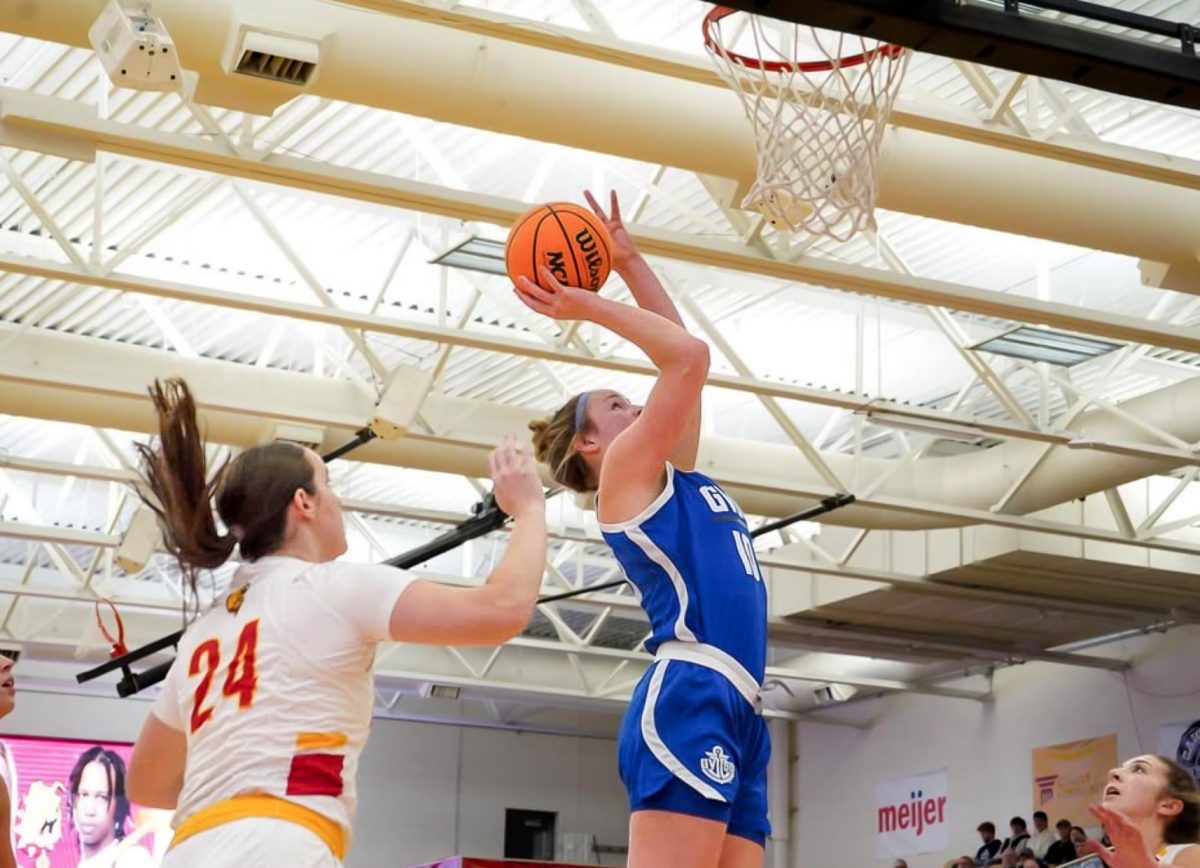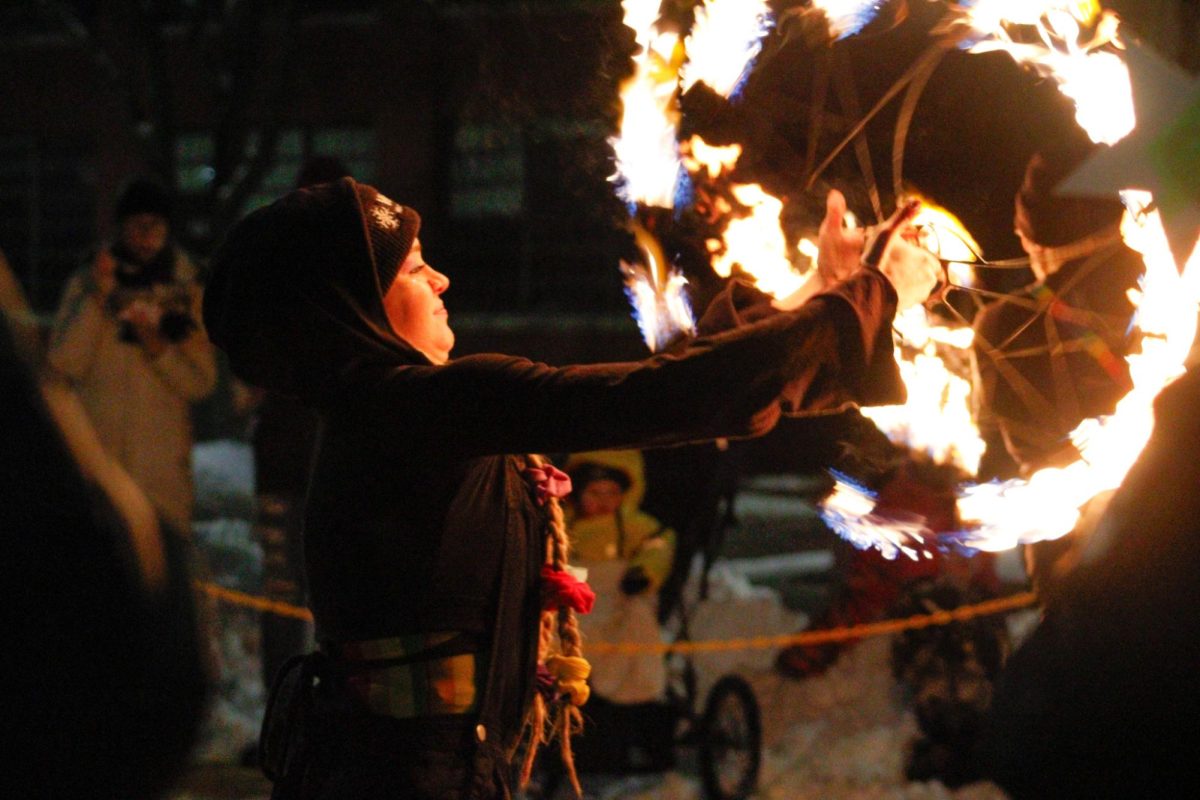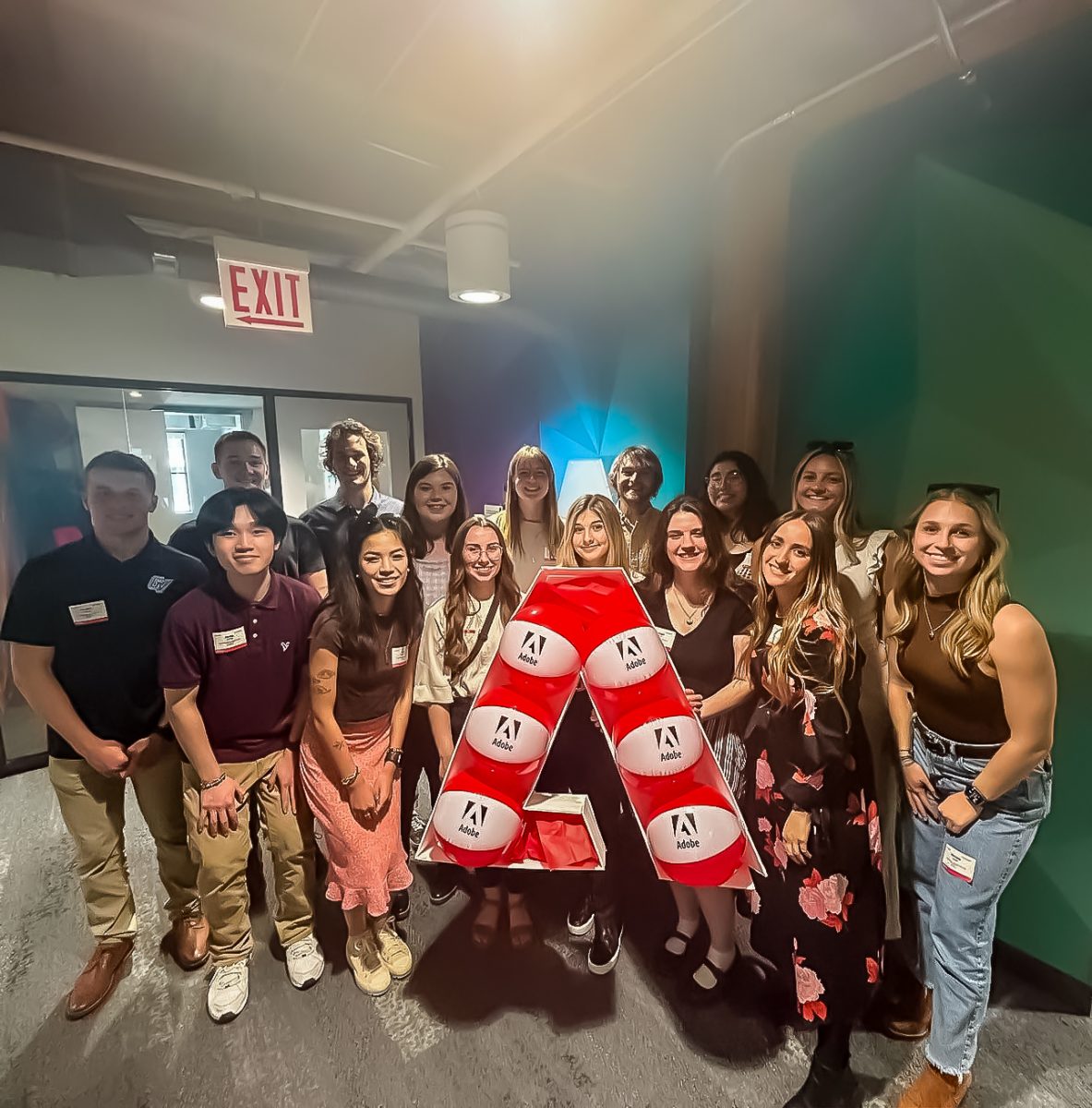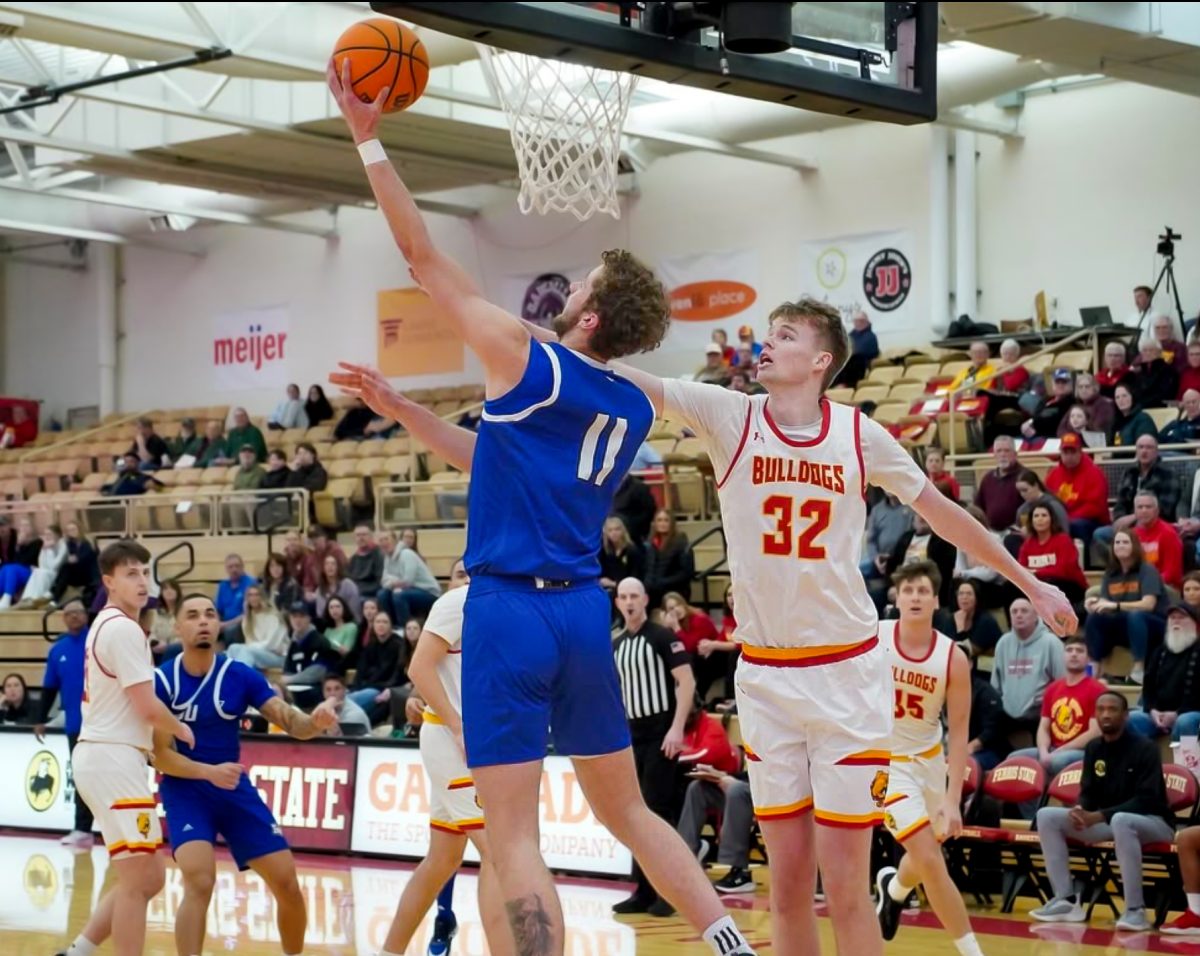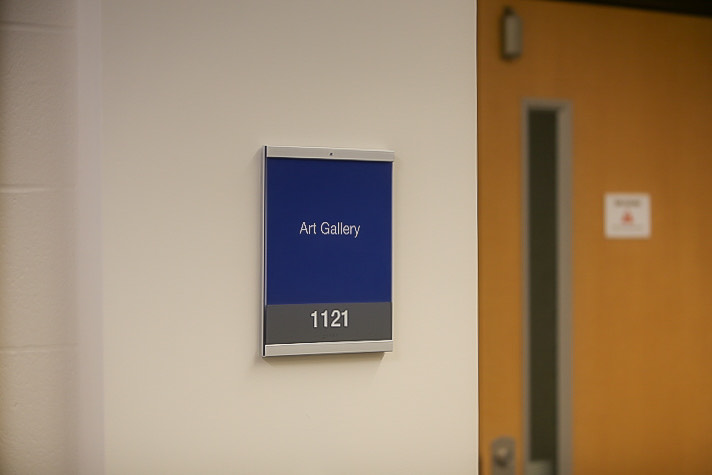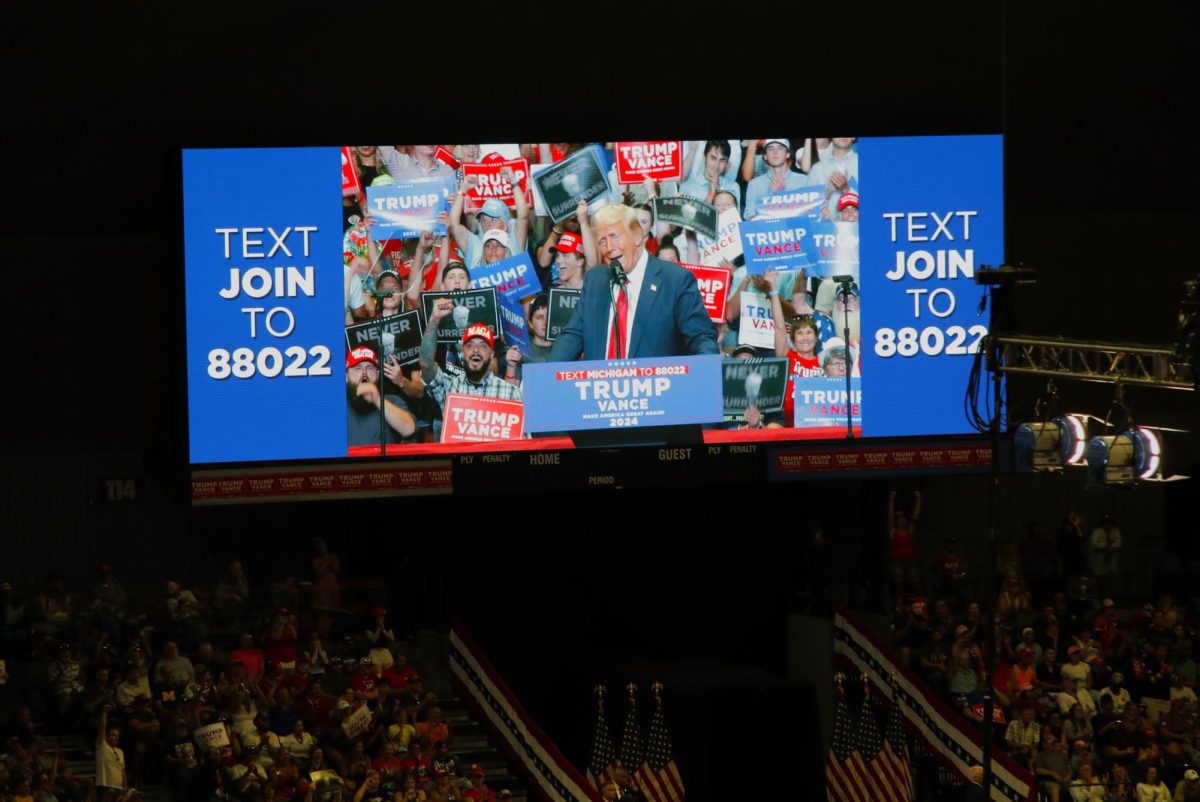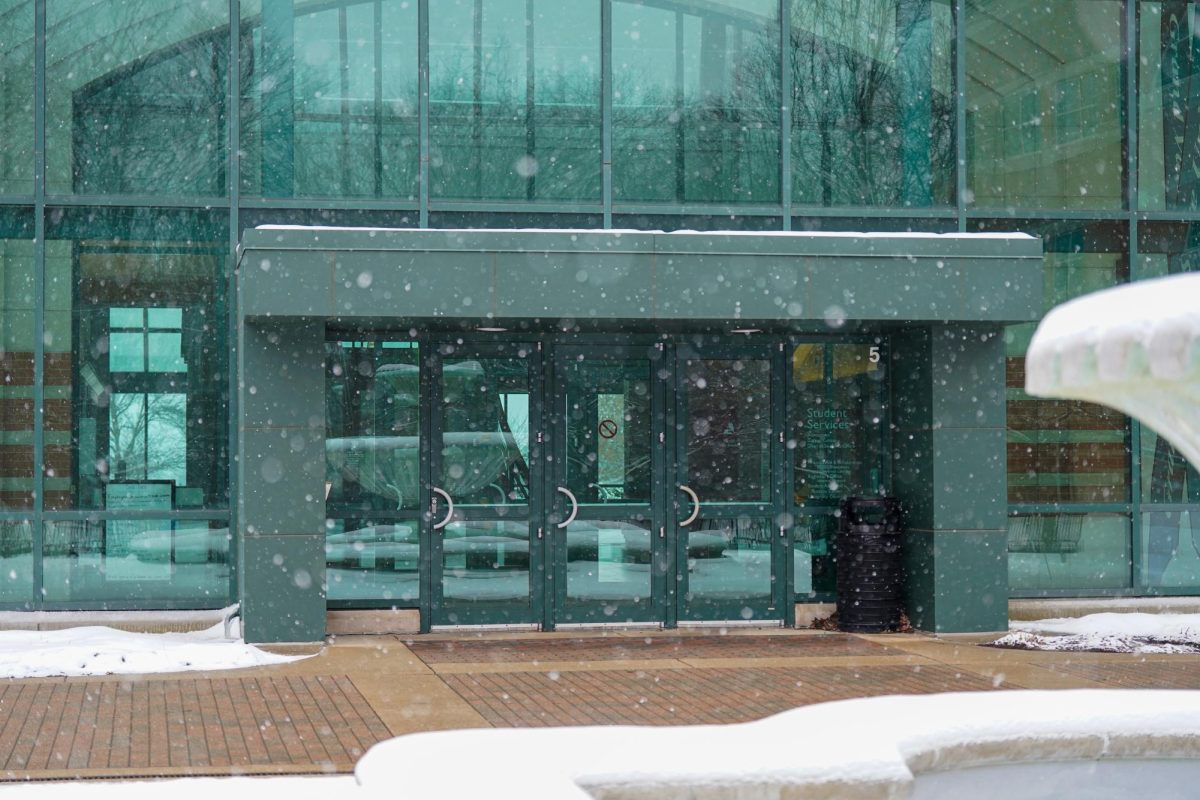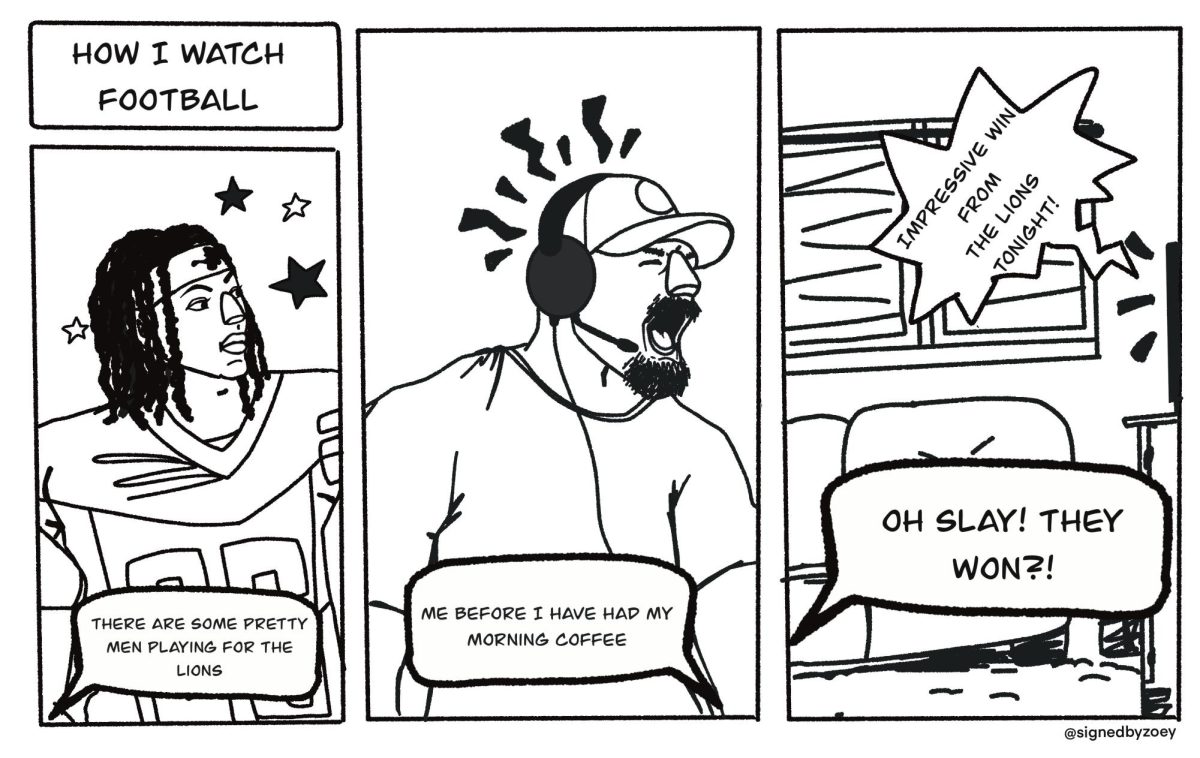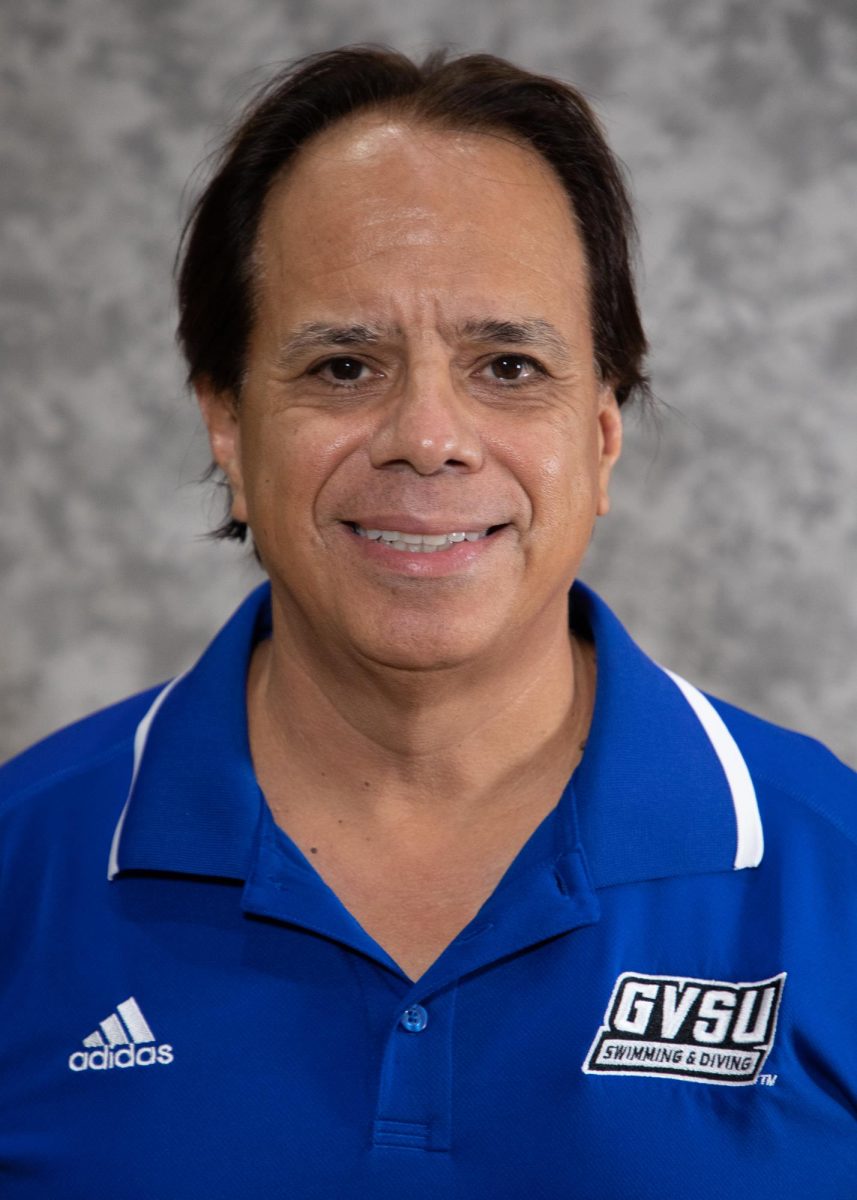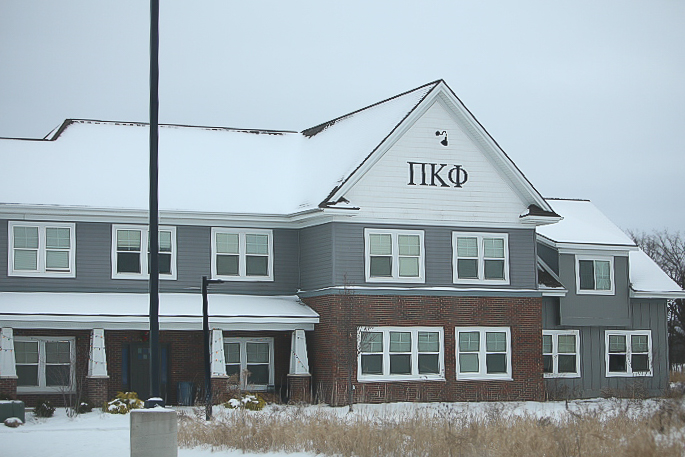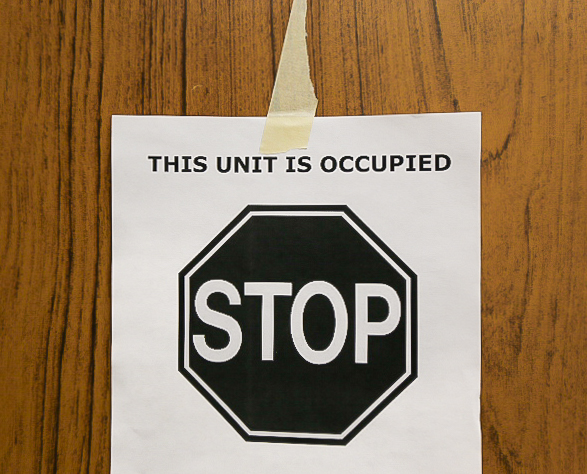What is the media’s role in covering the government?

Jan 20, 2020
The media is playing a larger role in the news world than just leading coverage. As readers can see on page two, Allison Donahue’s column on Michigan Sen. Peter Lucido has been attracting international attention because of the brave Grand Valley State University alum’s courage in calling out his harassment.
Looking on this page, columnist Dylan Grosser breaks down CNN’s role in creating controversy between Sen. Bernie Sanders and Sen. Elizabeth Warren. Here, Grosser holds CNN to the fire, calling the outlet out for trying to boost ratings prior to the Democratic debate on their channel.
This brings into question: what is the media’s role in covering the government?
Many would say the news industry acts as a hitman, anxiously awaiting for officials to make mistakes so outlets can craft clickbait headlines and rake in views. The news only covers anger, negativity and scandal in politics, right?
That’s a stretch, and Donahue’s story outlines that the role of the media is in covering government controversy is to hold officials accountable for their actions as policy-makers, representatives and fellow humans.
While some outlets admittedly magnitate towards scandal, many simply are looking to provide valuable information to their constituents on their elected officials. If constituents choose to elect officials who speak to reporters and more in this fashion, at least they are informed in their decision.
Following Donahue’s piece, coverage of Lucido’s subsequent comments have outlined his initial doubling-down on his comments, followed by walking them back as a joke and, more recently, outright rejecting them. Donahue has records of these conversations. She even wrote the story she initially questioned Lucido for below her column.
Donahue’s actions this week outline that while it may seem like journalists are view-hungry hitmen, they’re often not seeking to write an exposé, but to stand up for themselves and their profession, including maintaining a value on truth and fairness.
It is a journalists’ duty to produce and share important information. That being said, stories aren’t usually written about people who are simply doing what they are expected to do — aka their jobs — unless they are going above and beyond. This coverage is reserved for those who have a lasting impact on the communities in which they serve.
Ultimately, though, we don’t congratulate bartenders for pouring drinks, professors for teaching lessons or city officials for accurately representing their constituents unless their performance is exceptional and newsworthy. Otherwise, our headlines would read “Local business owner does their job.” That’s not news, and we all know it.
There is a lack of positive news stories about the government because journalists don’t report on officials who are doing their jobs properly — they report on officials who need to learn to do their jobs well.









